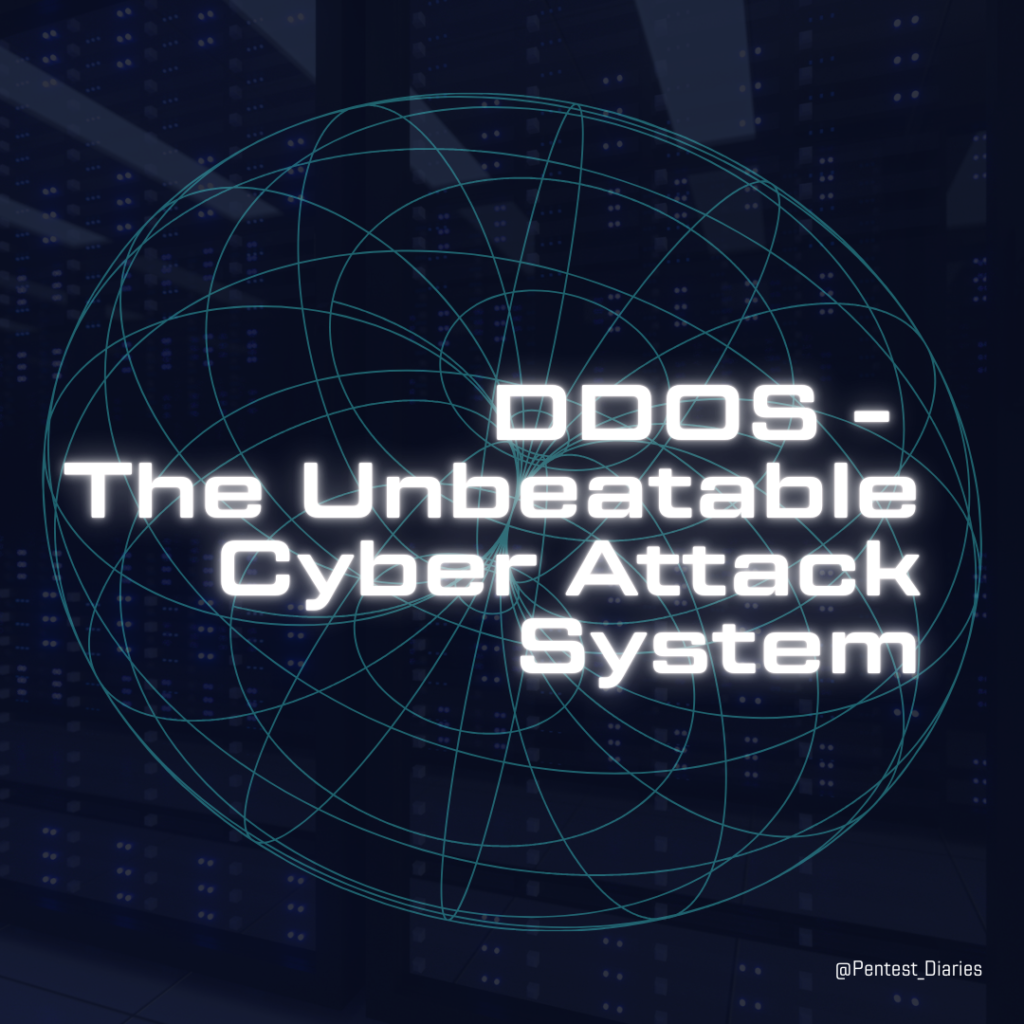Roadmap to Blockchain Security

Roadmap for Blockchain Security
Certainly! Blockchain security is a specialized field that requires understanding both blockchain technology and cybersecurity principles. Here’s a roadmap tailored for beginners interested in blockchain security:
1. Understand Blockchain Basics
- Blockchain Fundamentals: Learn what blockchain is, how it works, and its key components such as blocks, transactions, consensus mechanisms (e.g., Proof of Work, Proof of Stake), and smart contracts.
- Cryptographic Principles: Understand cryptographic algorithms used in blockchain (e.g., hashing, digital signatures) and their role in ensuring security.
Resources:
- Blockchain Basics Guide
- Bitcoin Whitepaper by Satoshi Nakamoto
- Ethereum Whitepaper by Vitalik Buterin
Blockchain Fundamentals:
- Understanding Blockchain Technology: Grasp the core concepts of blockchain technology, including distributed ledgers, consensus mechanisms (Proof of Work, Proof of Stake), immutability, and smart contracts. Resources:
- Interactive tutorials: https://ethereum.org/en/what-is-ethereum/
- Books: “Blockchain Basics” by Arjun Krishna
- Popular Blockchains: Familiarize yourself with prominent blockchain platforms like Bitcoin, Ethereum, and Hyperledger Fabric. Understand their differences and how they handle security. Resources:
- Official documentation of these platforms
2. Learn Blockchain Security Concepts
- Security Challenges: Explore common security threats and vulnerabilities in blockchain systems (e.g., 51% attacks, double-spending attacks, smart contract vulnerabilities).
- Secure Development Practices: Understand best practices for secure blockchain development, including code auditing, testing, and deployment strategies.
Resources:
- Blockchain Security Challenges
- Smart Contract Security Best Practices
Cryptography Fundamentals:
- Cryptography Basics: Develop a foundational understanding of cryptographic concepts like hashing, digital signatures, public-key cryptography, and elliptic curve cryptography (ECC). These are essential for securing blockchain transactions and smart contracts. Resources:
- Online courses: Coursera’s “Cryptography” by Princeton University
- Books: “Cryptography Engineering: Design Principles and Practical Applications” by Niels Ferguson et al.
- Impact on Blockchain Security: Learn how cryptographic primitives are used to ensure data integrity, user authentication, and secure communication in blockchain networks.
3. Explore Blockchain Platforms and Tools
- Hands-On Experience: Set up a blockchain node (e.g., Bitcoin, Ethereum) locally or on a test network (e.g., Ropsten, Rinkeby).
- Use Development Tools: Familiarize yourself with tools for blockchain development, testing, and debugging (e.g., Truffle, Remix IDE).
Resources:
- Bitcoin Developer Guide
- Ethereum Developer Documentation
4. Study Blockchain Security Frameworks
- Security Standards: Learn about blockchain security frameworks and standards (e.g., OWASP Blockchain Security Top Ten, NIST Blockchain Security Guidelines).
- Risk Assessment: Understand how to perform risk assessments specific to blockchain applications and networks.
Resources:
- OWASP Blockchain Security Top Ten
- NIST Blockchain Technology Overview
5. Explore Smart Contract Security
- Smart Contract Basics: Learn what smart contracts are, how they are deployed, and their potential security risks.
- Security Audits: Understand the process of auditing smart contracts for vulnerabilities and weaknesses.
Resources:
- OpenZeppelin – Smart Contract Security
- Smart Contract Best Practices
Smart Contract Security:
- Solidity Programming (Optional): If you plan to delve deeper into smart contract security, learn the basics of Solidity, a popular language for writing smart contracts on the Ethereum blockchain. Resources:
- Online tutorials: https://docs.soliditylang.org/
- Books: “Mastering Smart Contracts with Solidity” by Deny De Jong
- Smart Contract Vulnerabilities: Explore common smart contract vulnerabilities like reentrancy attacks, integer overflows, and access control issues. Understand how these vulnerabilities can be exploited and lead to financial losses. Resources:
- Articles: ConsenSys blog posts on smart contract security
6. Stay Updated and Practice Continuously
- Follow Industry Trends: Stay updated with the latest developments, vulnerabilities, and security incidents in the blockchain space.
- Contribute and Engage: Join blockchain security communities, attend conferences, and participate in discussions to broaden your knowledge and network.
Resources:
- Blogs, forums, and social media channels (e.g., Reddit, Twitter)
- Blockchain and cybersecurity conferences and meetups
Security Tools and Practices:
- Static Code Analysis Tools: Learn about tools like Slither or Mythril that can analyze smart contract code and identify potential vulnerabilities before deployment. Resources:
- Documentation of these tools
- Blockchain Security Audits: Understand the importance of smart contract audits conducted by security professionals to identify and fix vulnerabilities.
- Best Practices for Secure Smart Contract Development: Learn secure coding practices for smart contracts, such as using access control modifiers, avoiding complex logic, and proper gas optimization. Resources:
- Online guides from blockchain security companies
7. Hands-On Projects and Practical Applications
- Build Projects: Implement blockchain applications, deploy smart contracts, and simulate attacks to understand security implications.
- Capture the Flag (CTF) Challenges: Participate in blockchain-related CTFs to practice security skills in a controlled environment.
Resources:
- Hackathons and CTF competitions (e.g., Capture The Ether)
- GitHub repositories with blockchain security projects and exercises
Continuous Learning (Ongoing):
- Stay Updated: The blockchain security landscape is constantly evolving. Follow industry leaders, research blogs, and attend conferences to stay updated on emerging threats and defensive techniques.
- Practice and Experiment: Set up a development environment and experiment with secure smart contract coding practices. Consider participating in bug bounty programs to test your skills.
- Engage with the Community: Join online forums and discussions to learn from experienced blockchain security professionals and share your knowledge with others.
Additional Tips:
- Start with free resources. Many online resources can teach you the fundamentals without breaking the bank.
- Don’t be afraid to ask questions. The blockchain security community is generally welcoming and helpful to beginners.
- Security is an ongoing process. Continuously learn and adapt your skills to stay ahead of evolving threats.
By following this roadmap and staying curious, you’ll be well on your way to understanding and contributing to the ever-growing field of blockchain security. Remember, the most important thing is to take the first step and keep learning!
@SAKSHAM DIXIT


